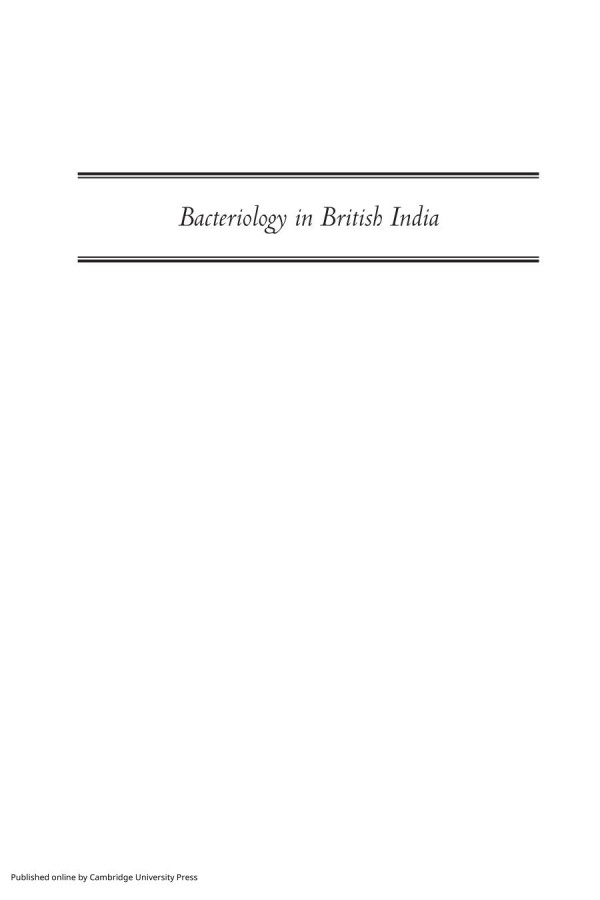(Ebook) Bacteriology in British India: Laboratory Medicine and the Tropics by Pratik Chakrabarti ISBN 9781580464086, 1580464084
Bacteriology transformed colonial medicine from a focus on public health and hygiene to unlimited possibilities for the eradication of diseases. It also fiercely engaged public discourse on the ethics of animal and human experimentation. 'Bacteriology in British India' is the first book to provide a social and cultural history of bacteriology in colonial India, situating it at the confluence of colonial medical practices, institutionalization, and social movements. Bacteriology was established in India through a complex process of conflict and alignment between Pasteurism and British imperial medicine. This led to divergences and tensions within bacteriology as practiced in Europe and the tropical colonies: in ideas of climate and potency of vaccines, in laboratory methods, in the ethical principles of experimentations, and in the discourses of racial immunity and endemicity of diseases. Scientists like Semple, Haffkine, Cunningham, Brunton, Simond, and Lustig worked in the several Indian Pasteur Institutes and the Central Research Institute, established from 1900, on vaccines for rabies, plague, typhoid, cholera, and snake venom. They conducted vaccinations in Indian cantonments, cities, hospitals, slums, jails, railway stations, villages, and pilgrim sites. The book describes how in the process India became a vast experimental field for bacteriology. By investigating a vast array of laboratory notes, medical literature, and literary sources, the book links colonial medical research with issues of poverty, race, nationalism, and attitudes toward tropical climate and wildlife. It contributes to a wide field of scholarship like imperial and South Asian history, history of science and medicine, sociology of science, and cultural history. Pratik Chakrabarti is senior lecturer in history at the University of Kent, UK.
*Free conversion of into popular formats such as PDF, DOCX, DOC, AZW, EPUB, and MOBI after payment.


